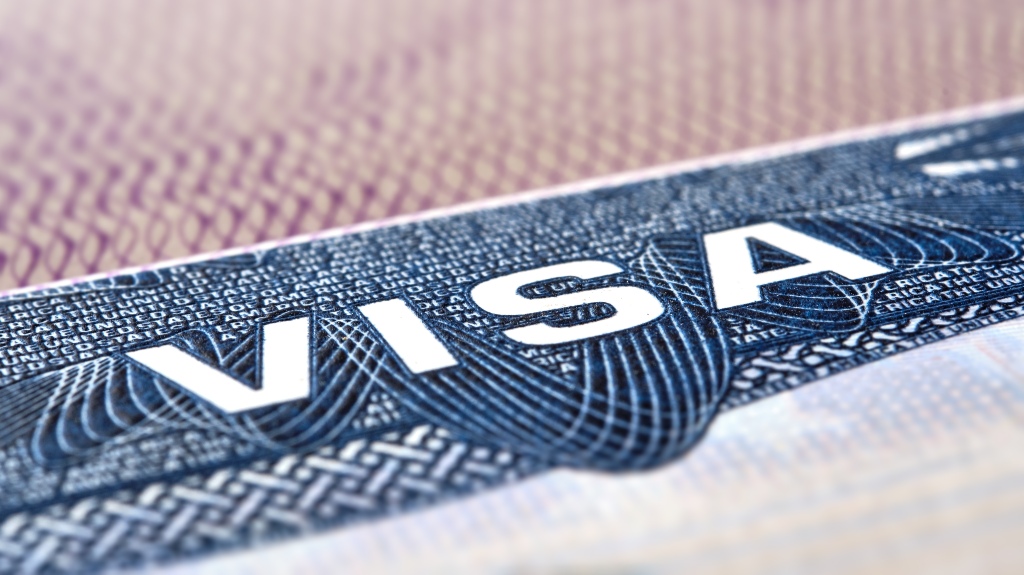
Nonimmigrant visas are designed for people to enter the United States temporarily for a specific purpose. Nonimmigrant visas may be issued for tourism, business, education, or temporary employment. If they plan on visiting or working in the U.S., people applying for nonimmigrant visas must understand the specific requirements of the different types of visas. A skilled immigration attorney can assist with the process.
What Is a Nonimmigrant Visa?
A nonimmigrant visa is a temporary authorization that allows foreign nationals the ability to enter the U.S. for a limited time and a specific purpose. The visa directly depends on the activities the person has planned for their stay in the U.S. Nonimmigrant visas are generally categorized into several types, including work, study, tourism, and diplomatic visas. Some visas are relatively easy to get, but others require a lot of documentation and approval from U.S. Citizenship and Immigration Services (USCIS) and the State Department.
Nonimmigrant visas provide legal entry into the U.S. but with specific restrictions. Those restrictions include:
- Nonimmigrant visas only last for a limited time.
- Nonimmigrant visas link to specific activities.
- Nonimmigrant visas are not transferable.
Common Types of Nonimmigrant Visas
- B-1 visas are for people visiting the U.S. for business reasons.
- B-2 visas are for tourism, visiting family, or medical treatment. They typically allow people to stay for up to six months and can be extended in certain circumstances.
- The F-1 visa is a student visa for people studying at U.S. colleges.
- The M-1 visa is for vocational training.
- The F-1 and M-1 both require proof of acceptance to a U.S. institution.
- The H-1B visa is for professionals with advanced degrees hired by U.S. employers. Both visas are available to citizens of countries with commerce and navigation treaties with the U.S.
- The K-1 visa allows a foreign national to enter the U.S. and marry their partner within 90 days. After the marriage, the person can apply to become a lawful permanent resident.
Other, less common types of nonimmigrant visas are available. If you plan on applying for one, you may need to contact a skilled immigration attorney.
Applying for Nonimmigrant Visas
The immigration process in the U.S. is highly complex. Each nonimmigrant visa has specific requirements, but there are general guidelines that all applicants should be aware of. Applicants must show they intend to leave the U.S. once the visa expires. In addition, applicants must prove that they can financially support themselves during their stay, maintain a valid passport during their stay in the U.S., complete the necessary applications, and pay any fees to the immigration office.
Many applicants are often required to have an interview at a U.S. embassy or consulate and provide documents supporting their visa application. These documents may include employment letters, acceptance letters from schools, or proof of family ties.
The process for obtaining a nonimmigrant visa typically involves the following steps:
- Determine the Appropriate Visa Type
- Complete Form DS-160
- Schedule an Interview
- Gather Required Documents
- Attend the Interview
- Receive the Decision
Contacting an Attorney
Nonimmigrant visas are necessary for temporary travel to the United States. A skilled attorney may be necessary to guide applicants to ensure a satisfying outcome. The legal counsel at Cox Immigration has years of experience working in immigration law and can assist you with your visa application. Please contact us online or call 314-827-5826 to speak with an attorney about your immigration concerns.
